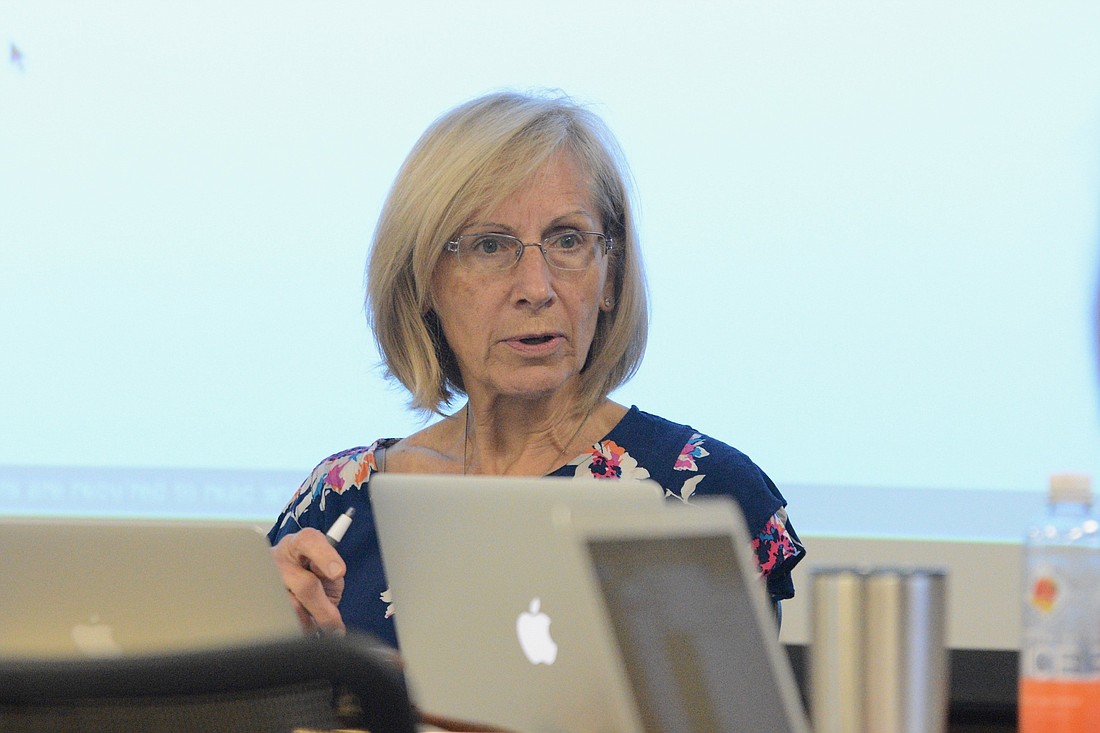- December 15, 2025

In the school district’s first year of using a new, tiered system of mental health services for students, more than 1,000 have been identified as needing additional assistance and directed to supplemental resources.
The district’s system categorizes students along three tiers: Tier one involves services that every student receives; tier two is for students with short-term mental health care needs that can be managed on-site at the schools, and tier three is for students who require more extensive assistance or referrals for outside mental health care services, Flagler Schools Executive Director of Student and Community Engagement Lynette Shott told School Board members at a board workshop July 16.
There were a total of 683 students classified on tier two this past year, Shott said, but, “that number, we feel, was ... inflated,” with school staff erring on the side of caution.
For tier three, she said, there were 615 referrals for additional services. Of those, 193 were assigned to counselors that work for the school district, while 422 were referred out to affiliated agencies.
Board member Colleen Conklin asked Shott if the district has maintained data on how many of the 422 students who were referred to other agencies actually received services. Shott said the district does keep those records.
In addition to the students on tier three who have received referrals for additional services, she said, another 145 tier three students did not receive referrals because they were already receiving counseling.
The district also had a number of Baker Act cases this past year: 62 Baker Act incidents from school property, involving 49 students. The total number of Baker Acts involving students, including cases that occurred off school property, was 209.
Of the students referred for additional services, in 114 cases, the parents refused services or did not respond to the outside agency that contacted them to set up care, Shott said.
Conklin asked why some parents are refusing services.
“Of those 114 kids, there’s going to be 114 different reasons,” Shott said. “Sometimes we find, with substance abuse, that the parents will refuse services because the parents are abusing, and they don’t want the light on their family. ... It’s not an issue of being able to afford it, or insurance.”
Students who have insurance barriers to seeing a counselor are referred to counselors who work at the school district, Shott said.